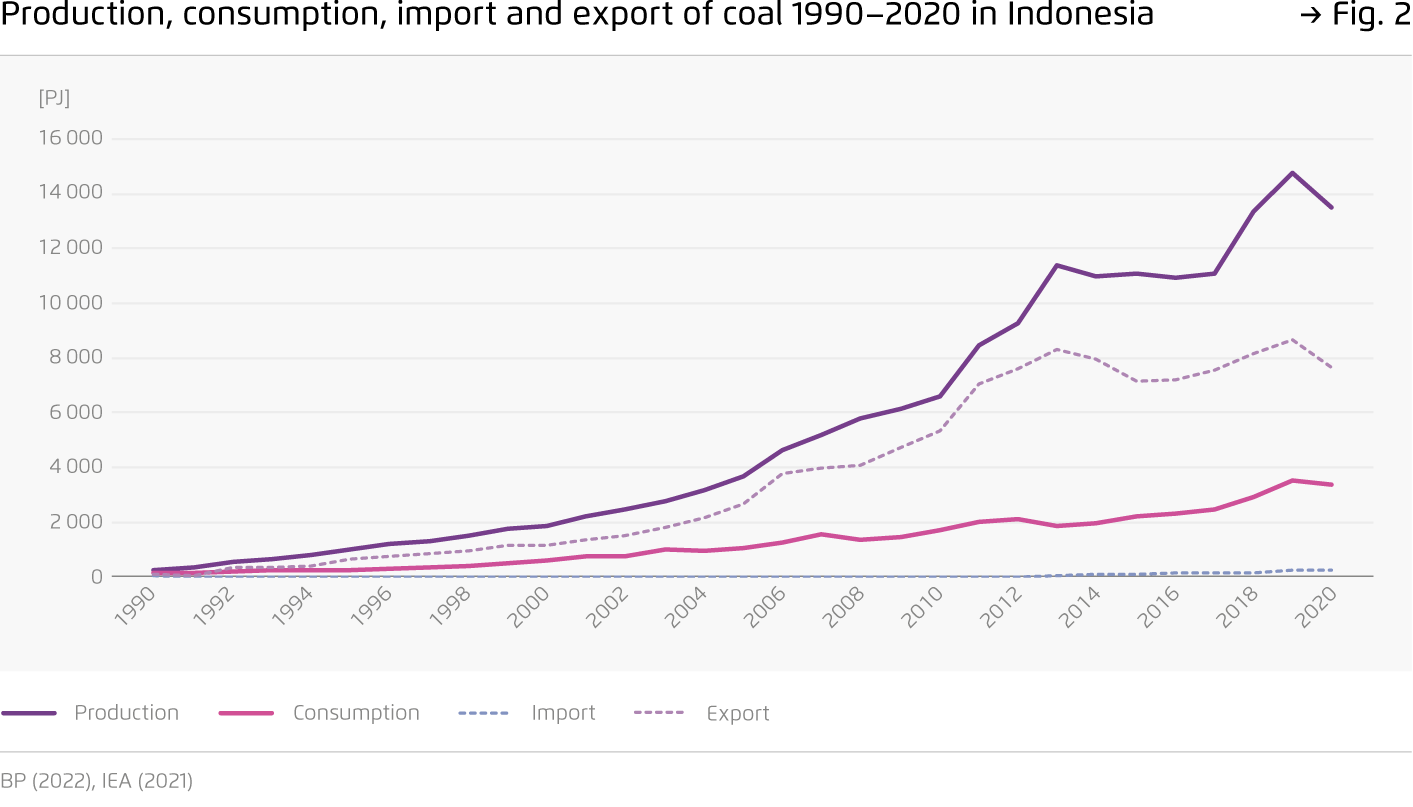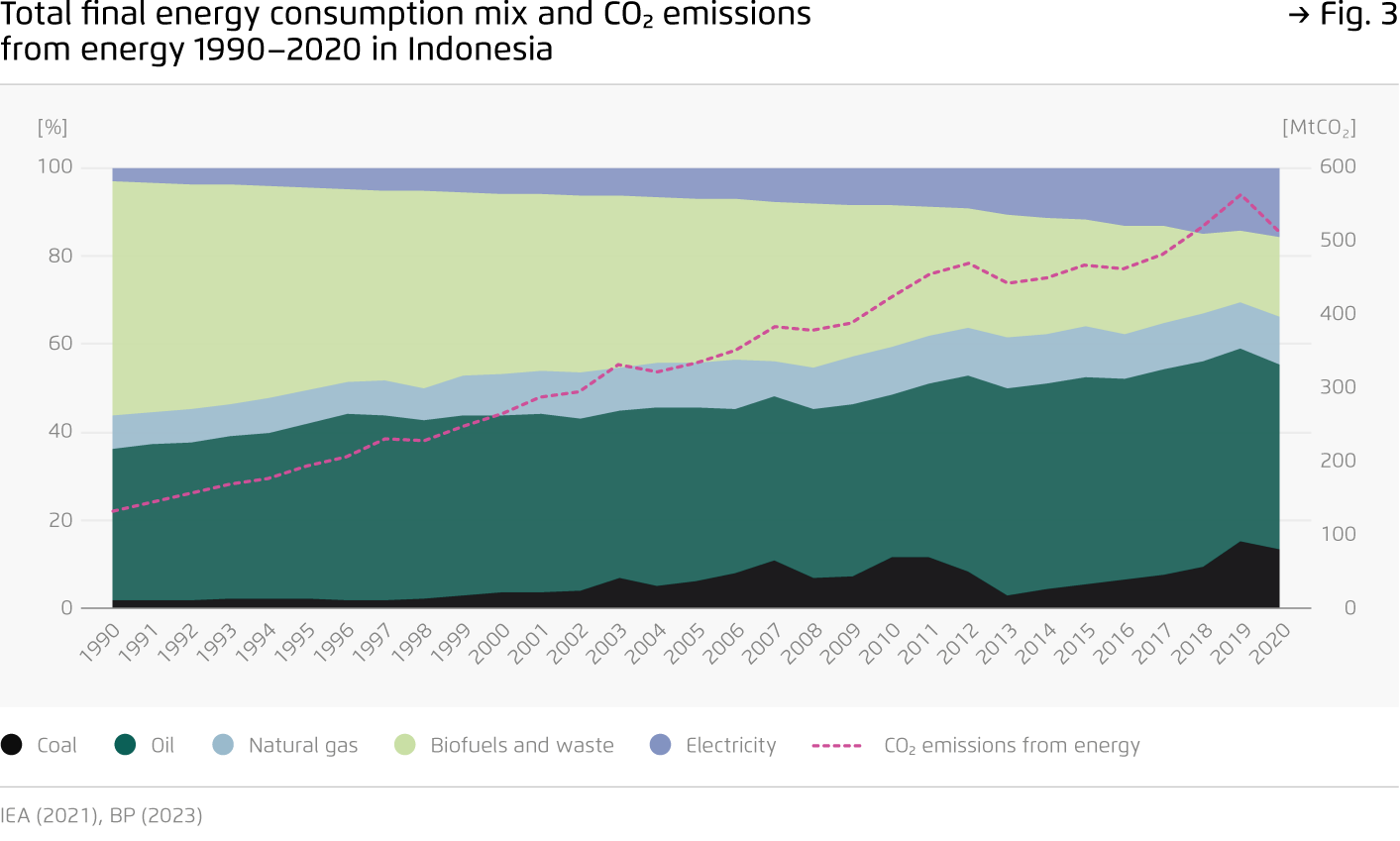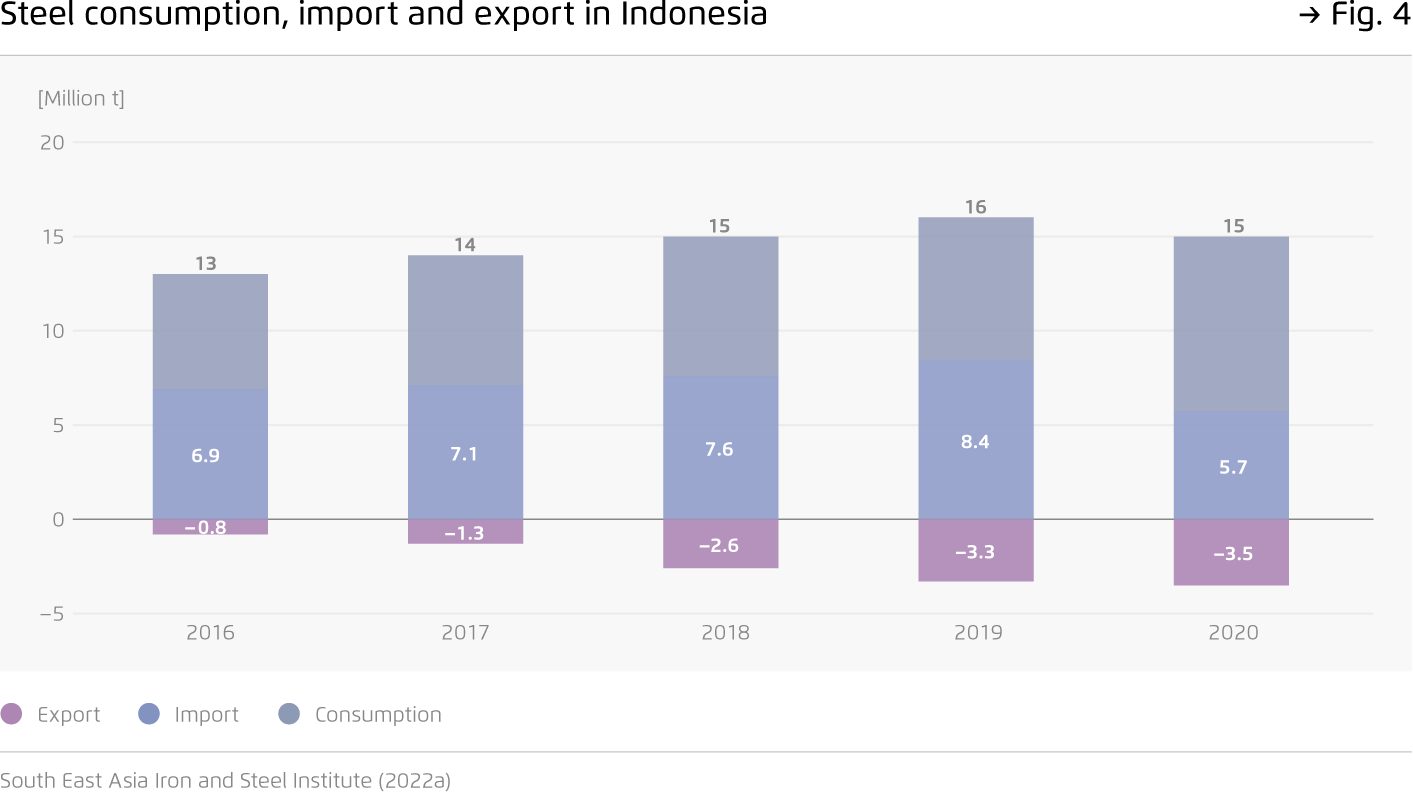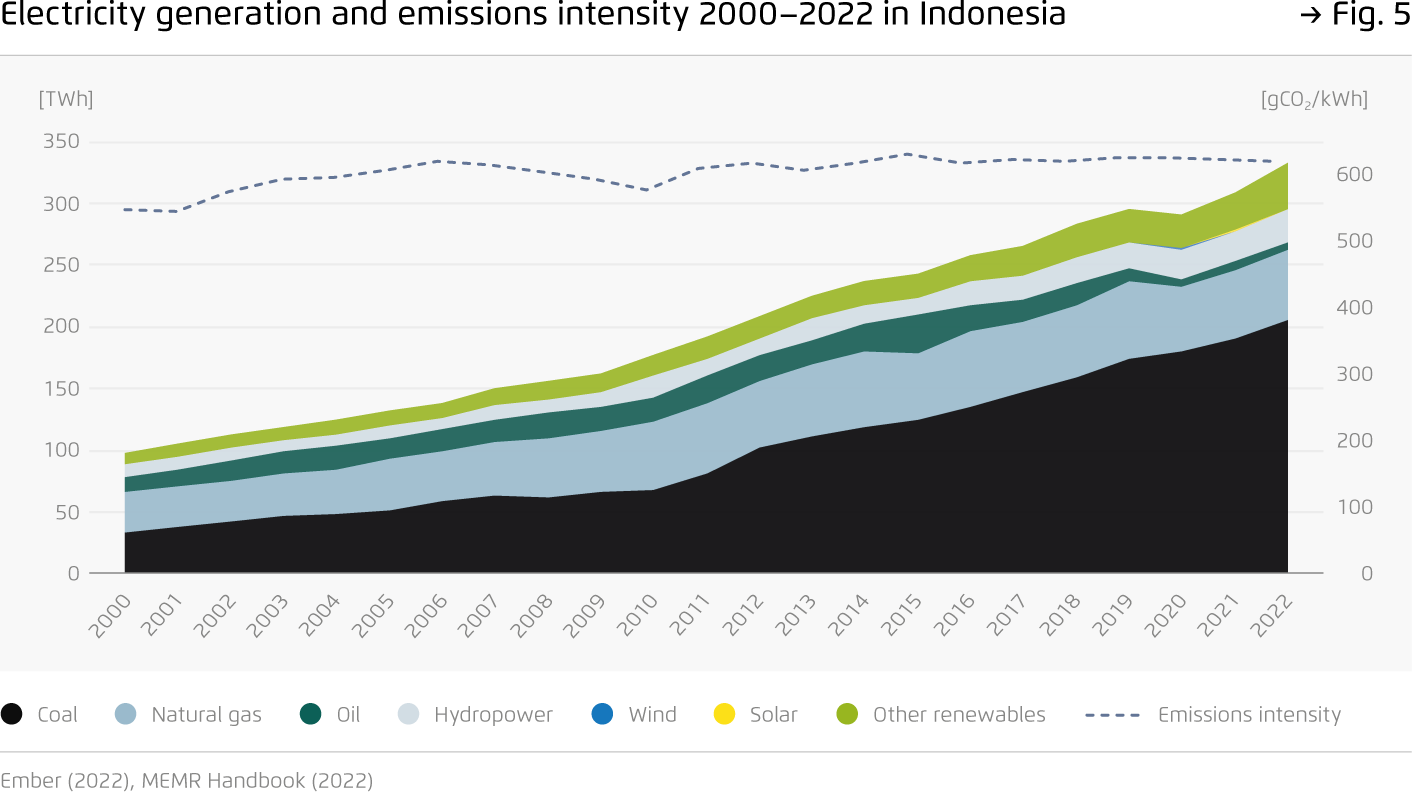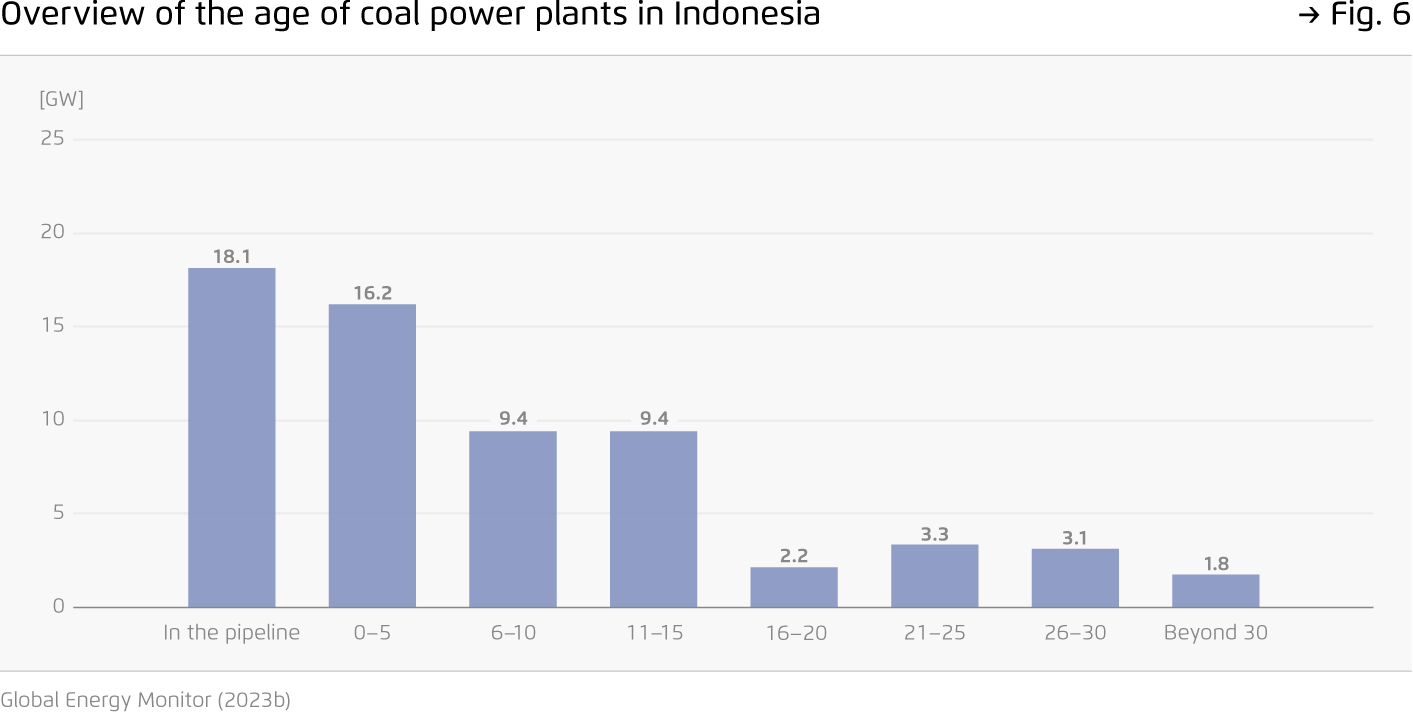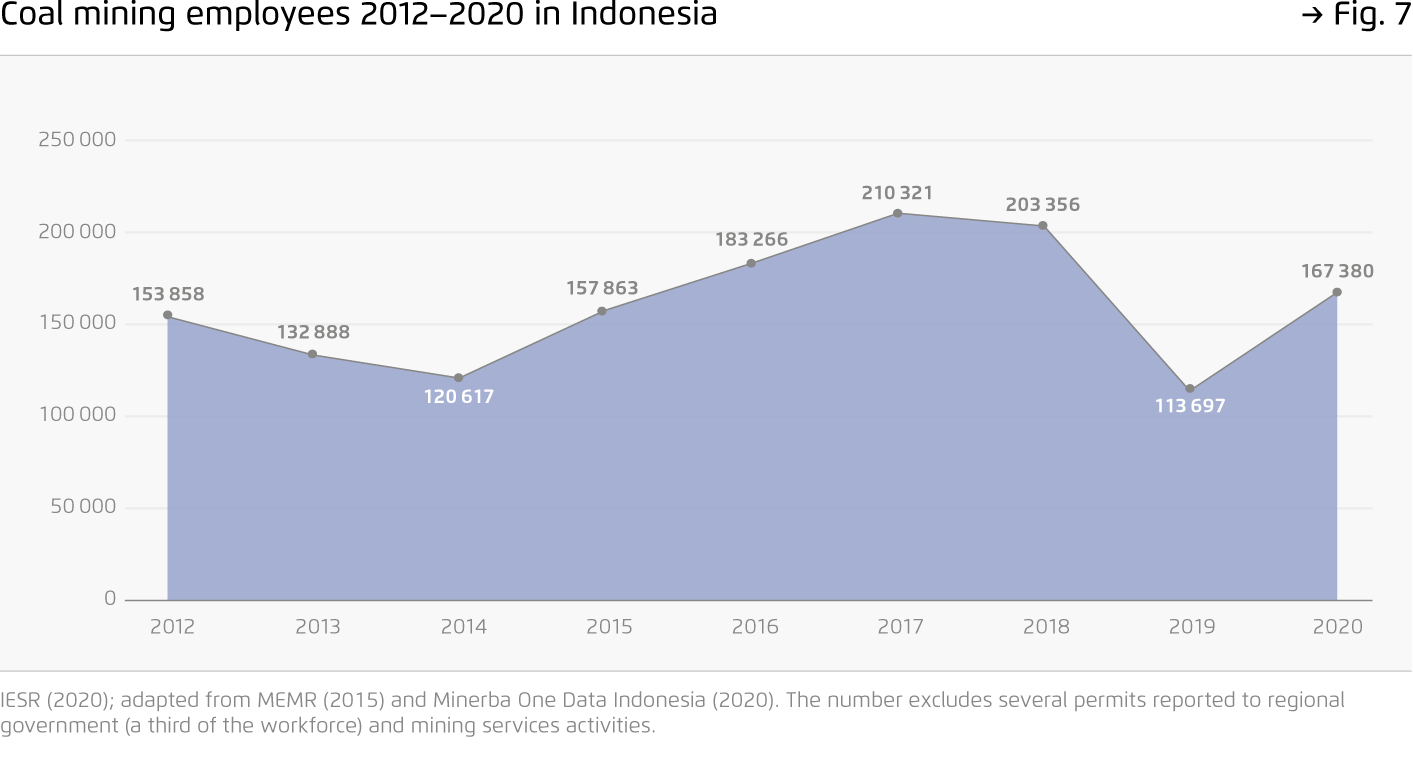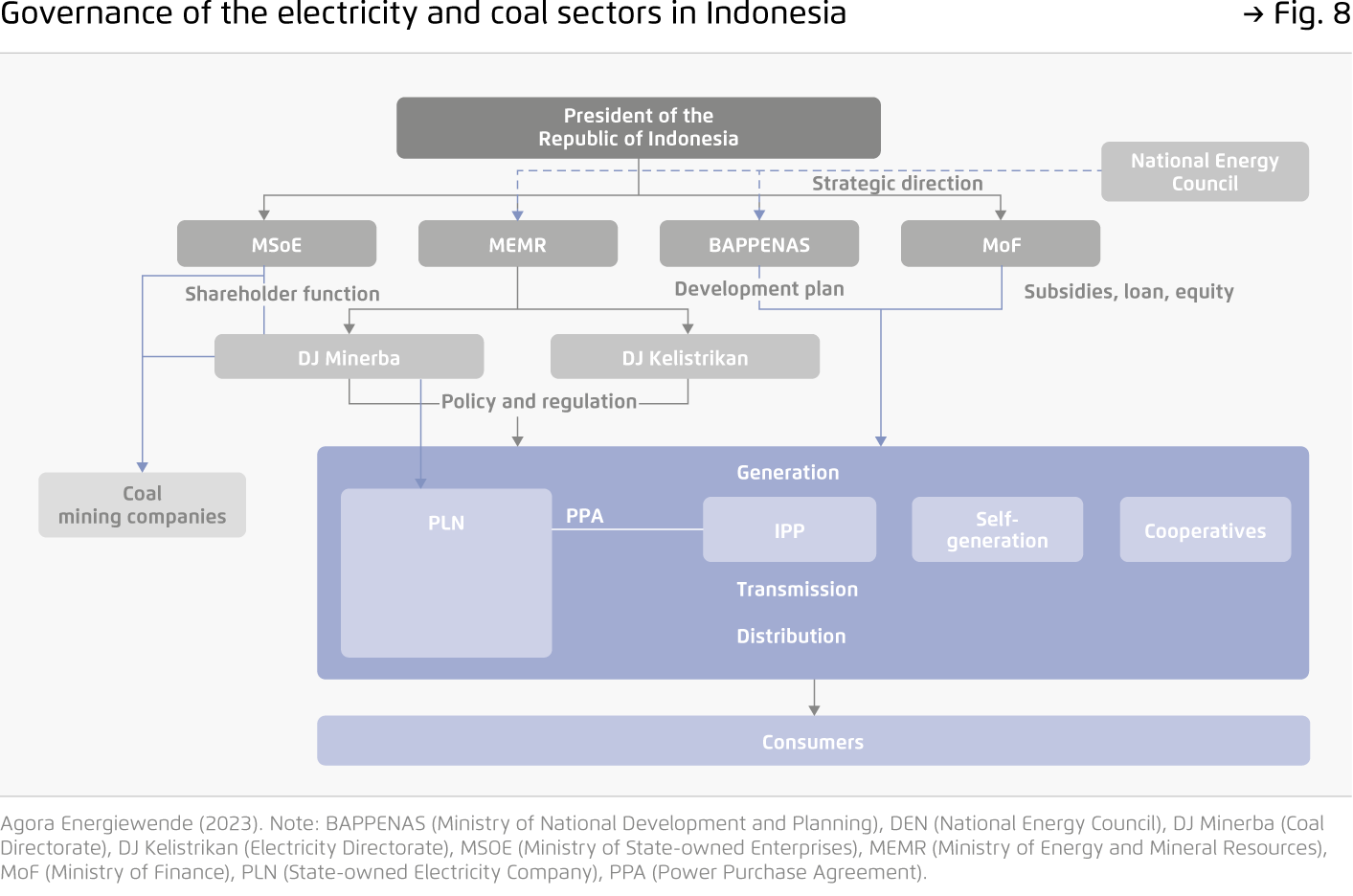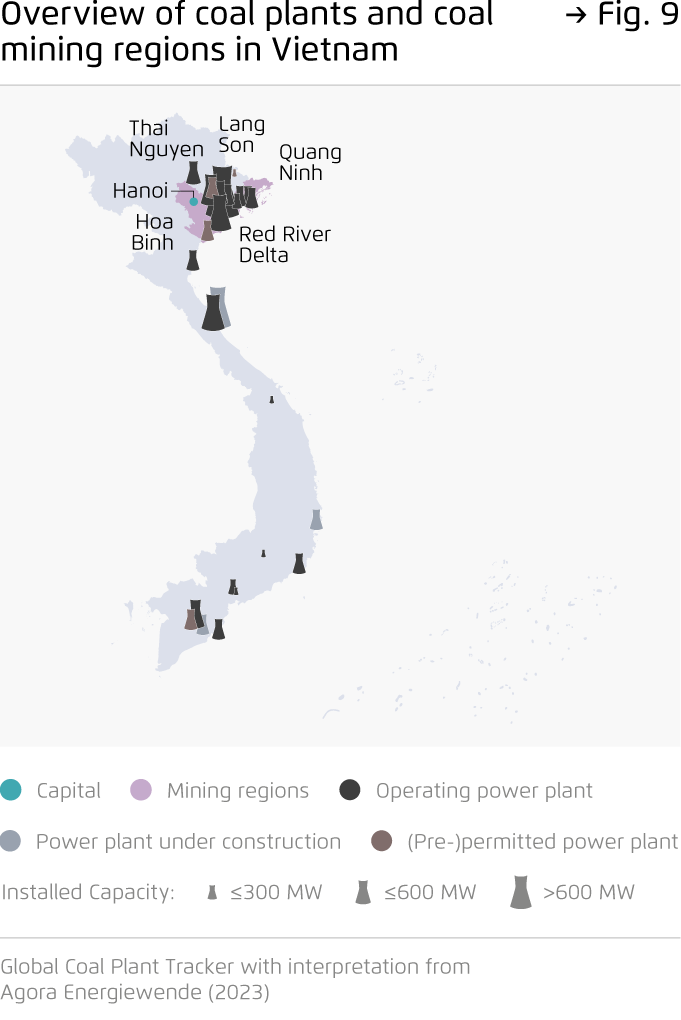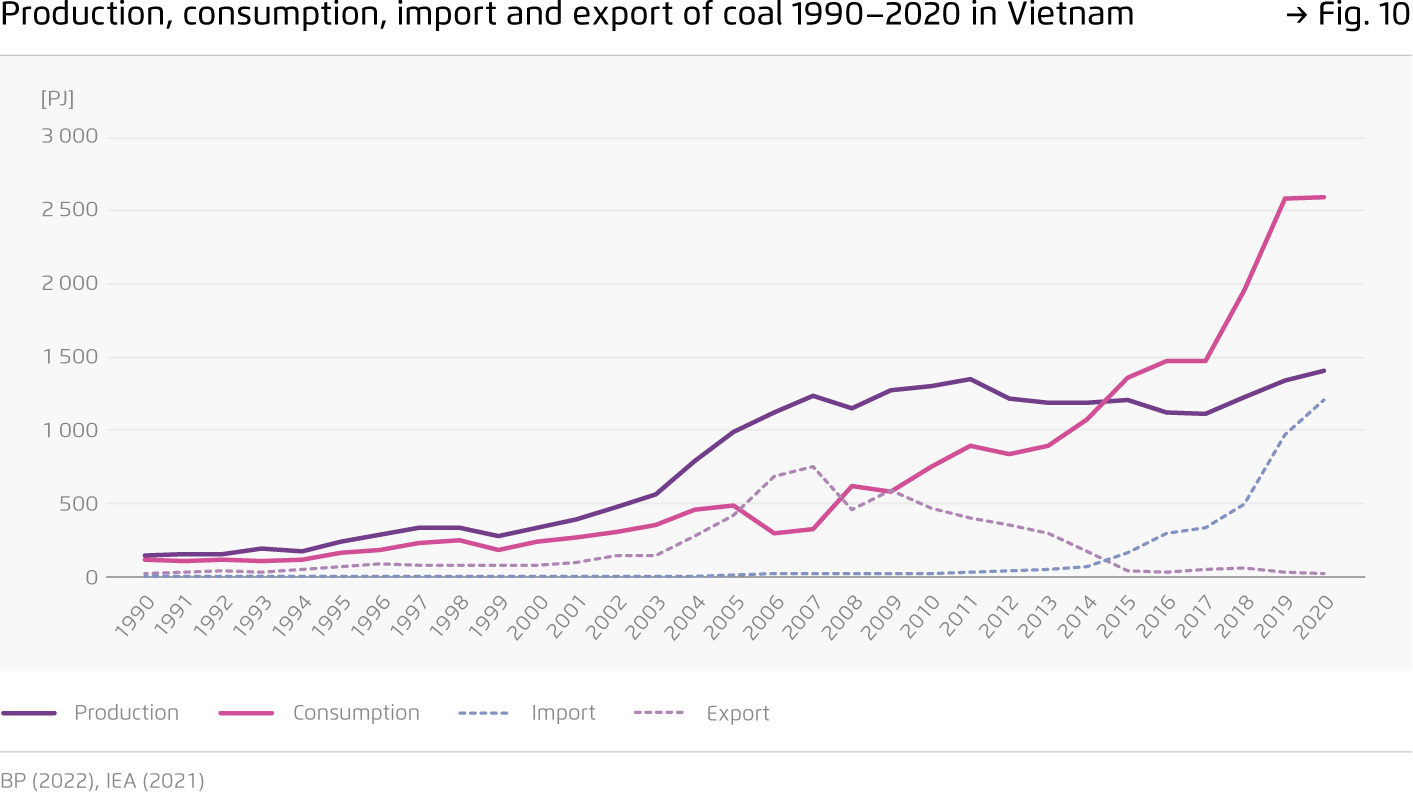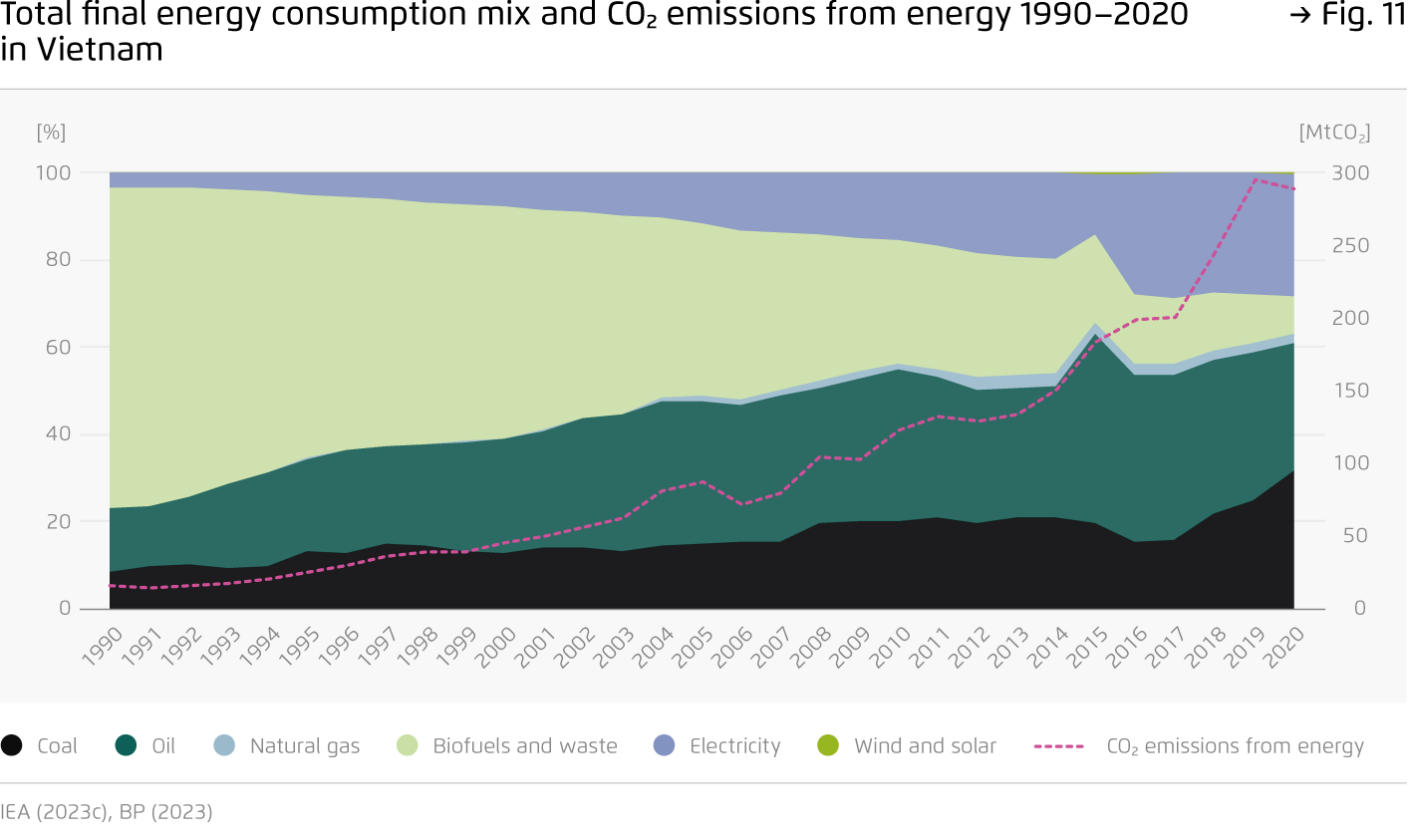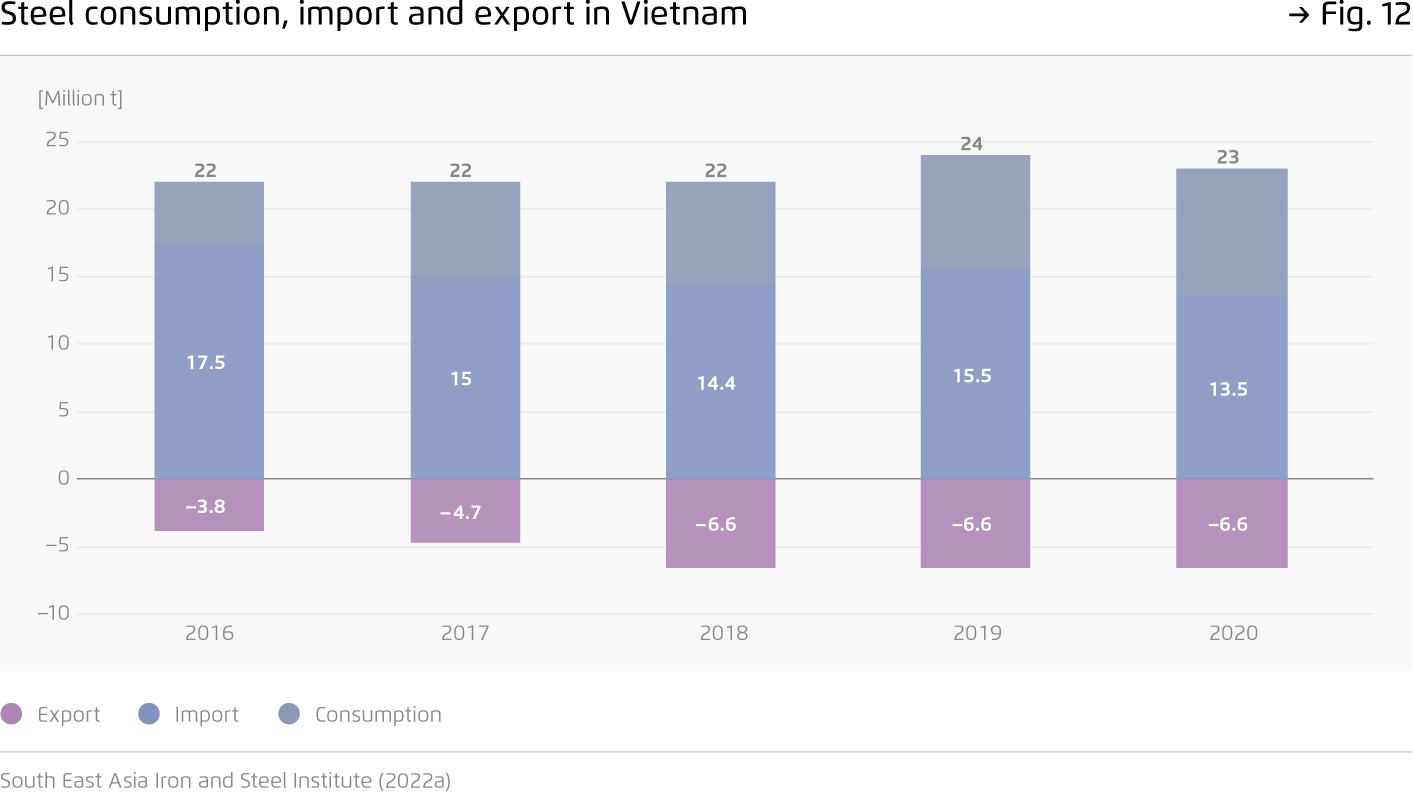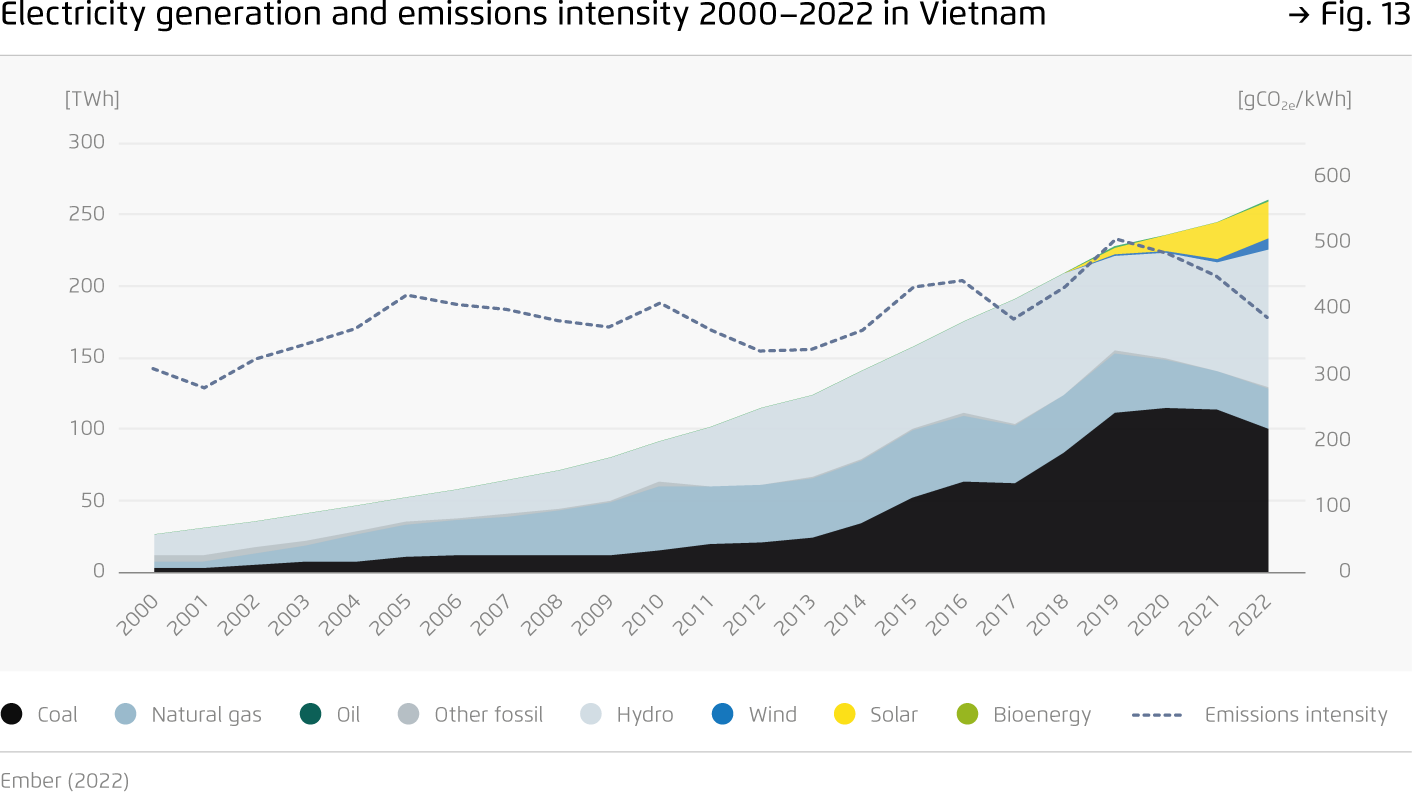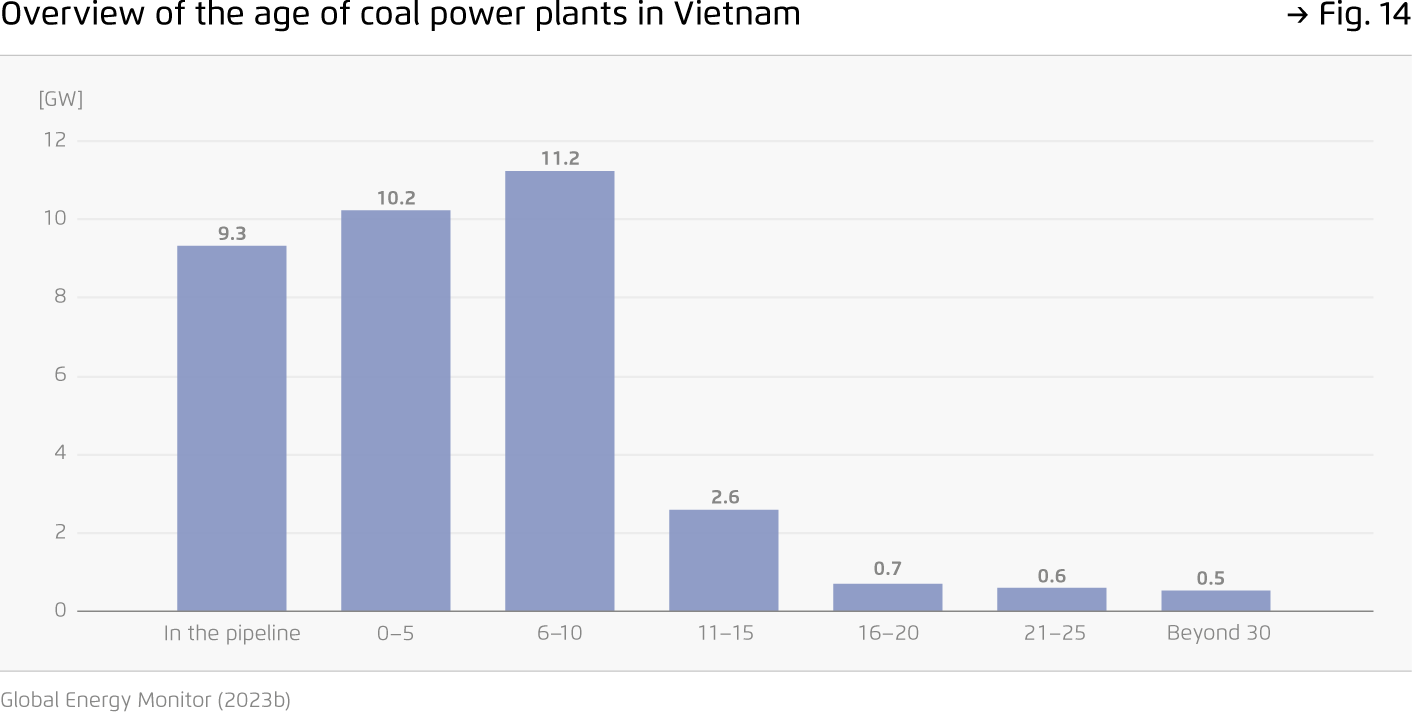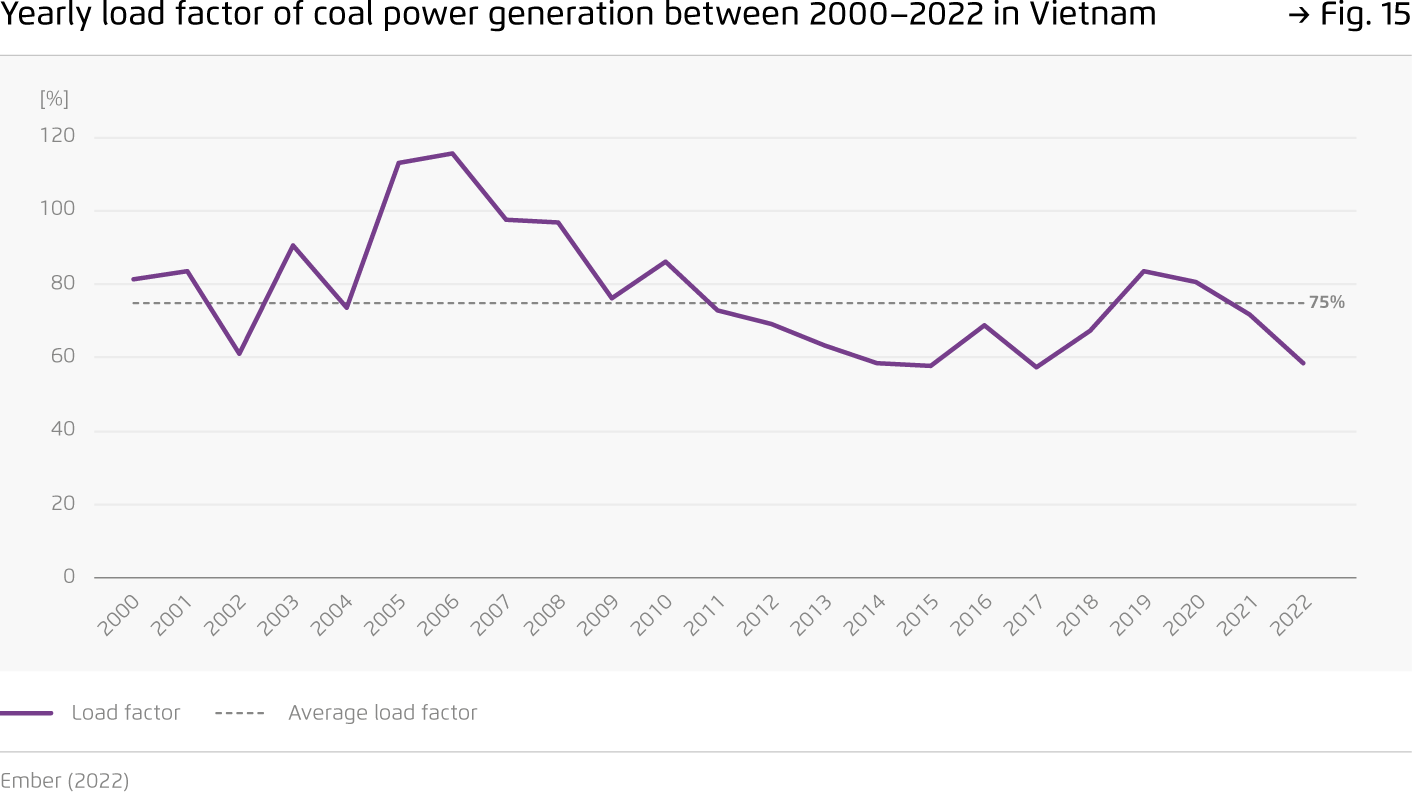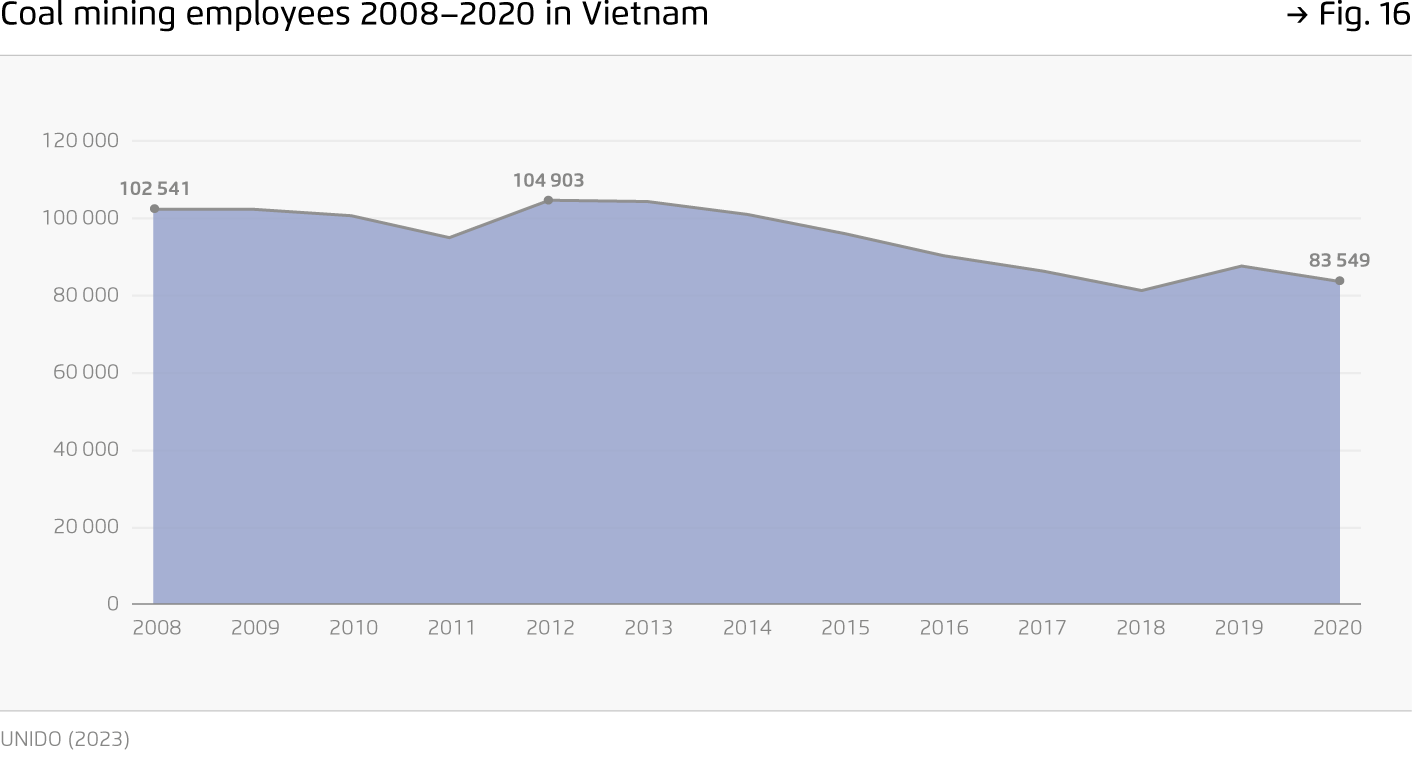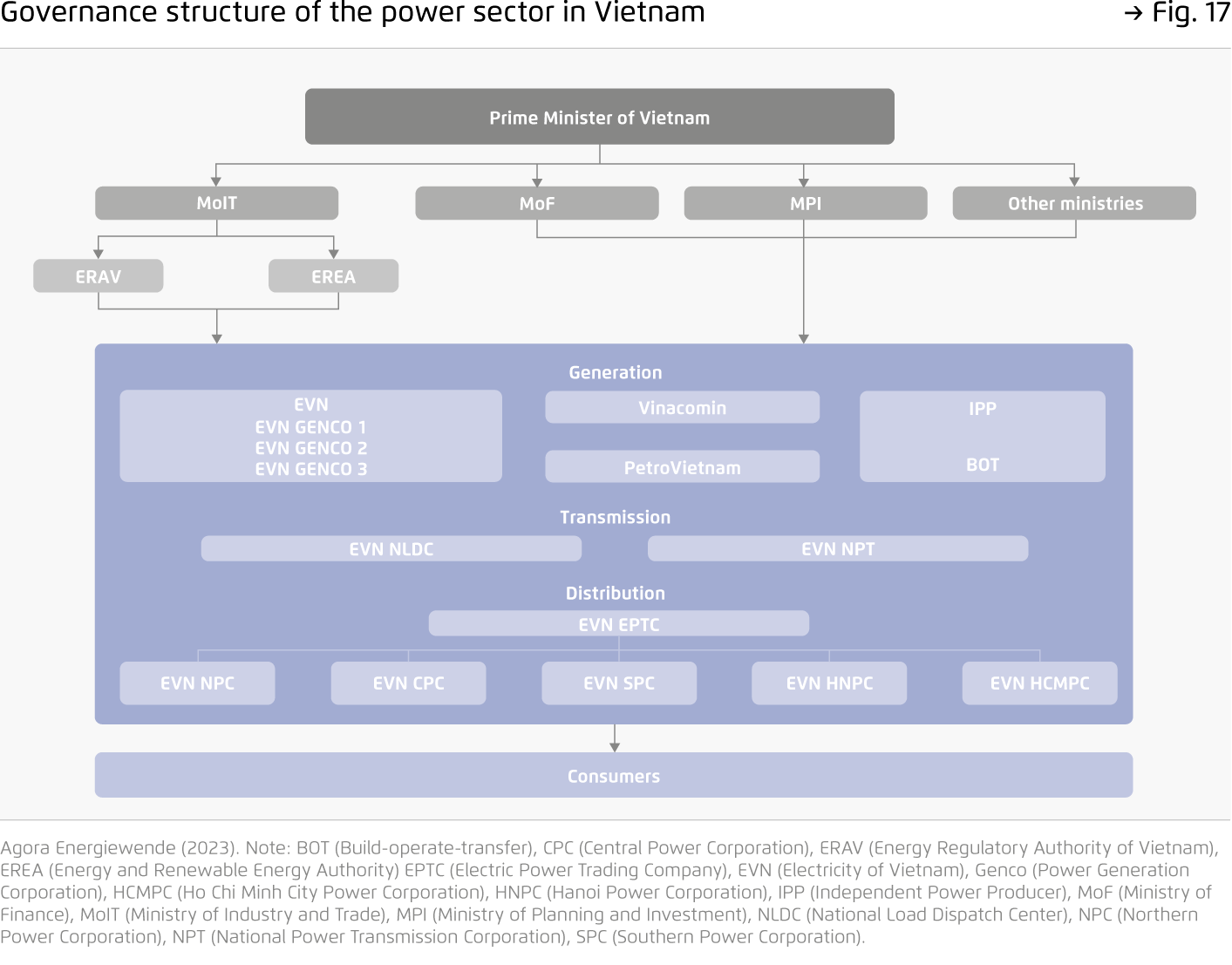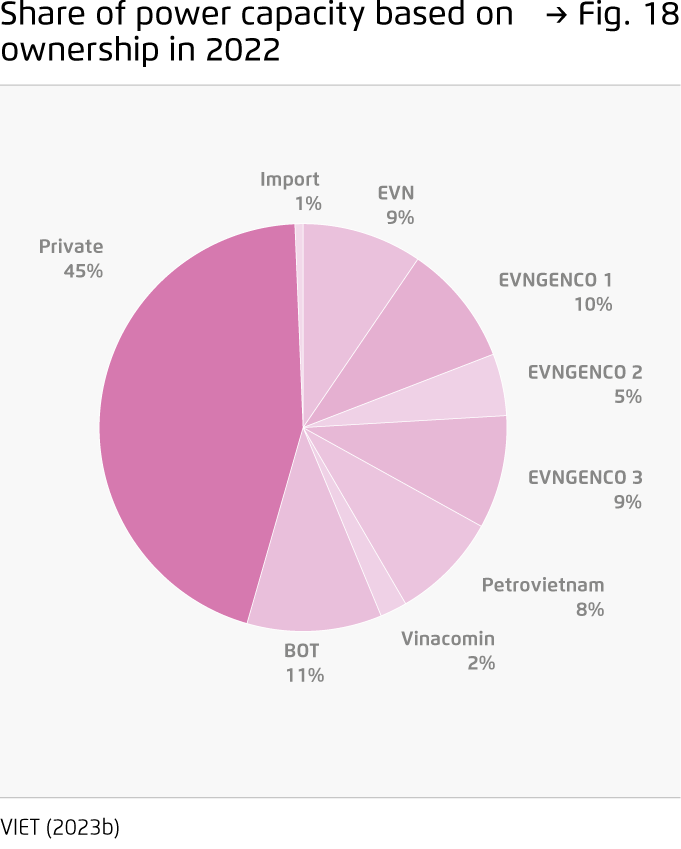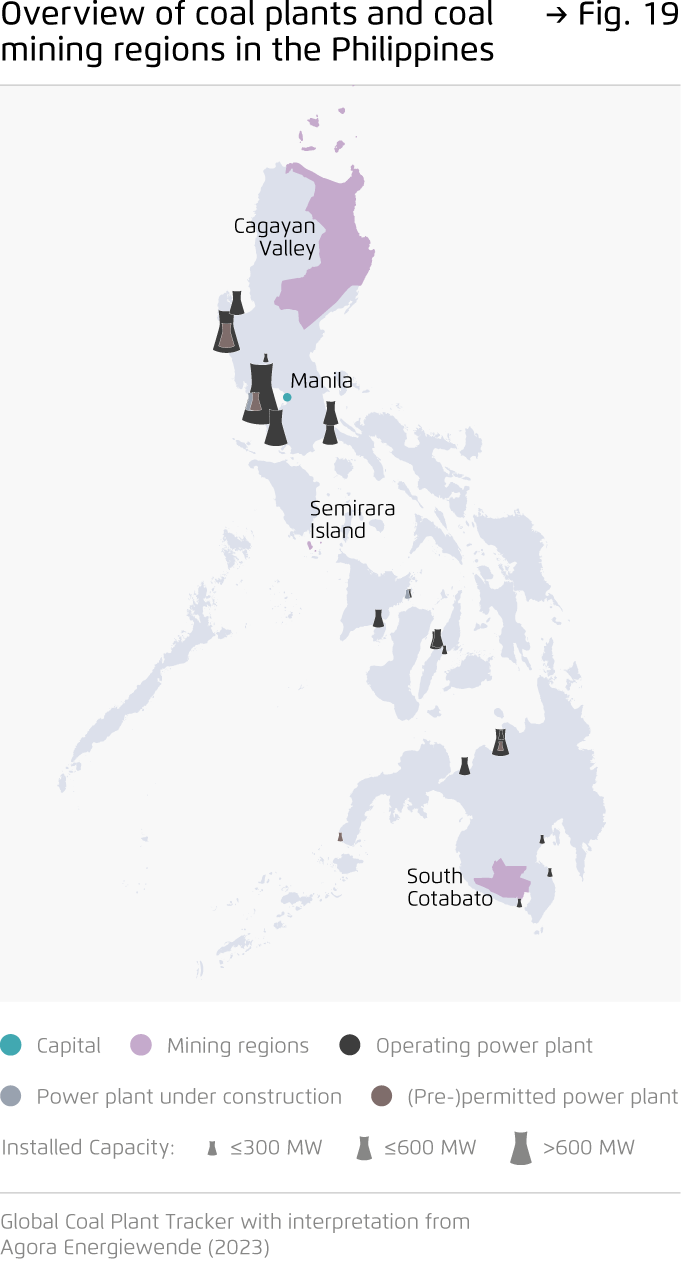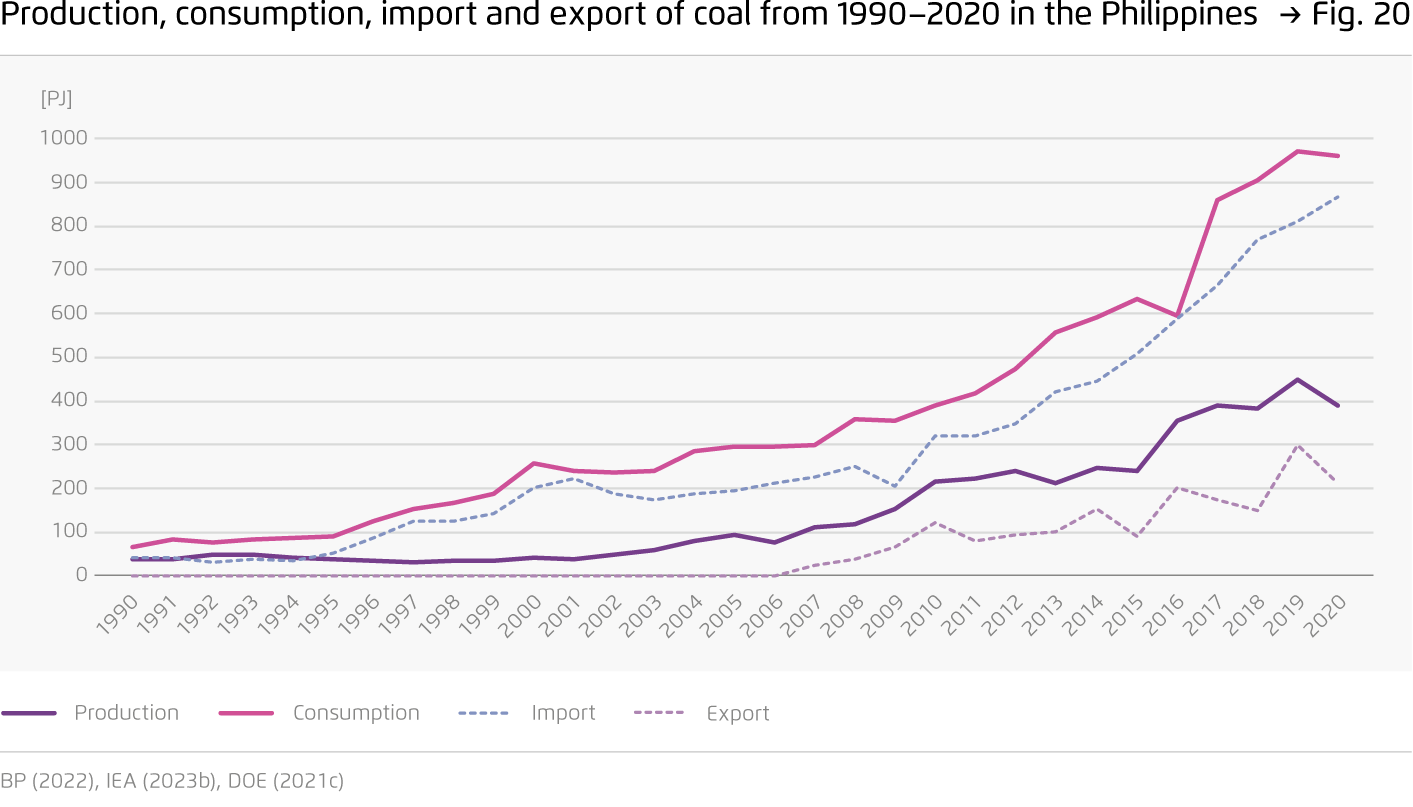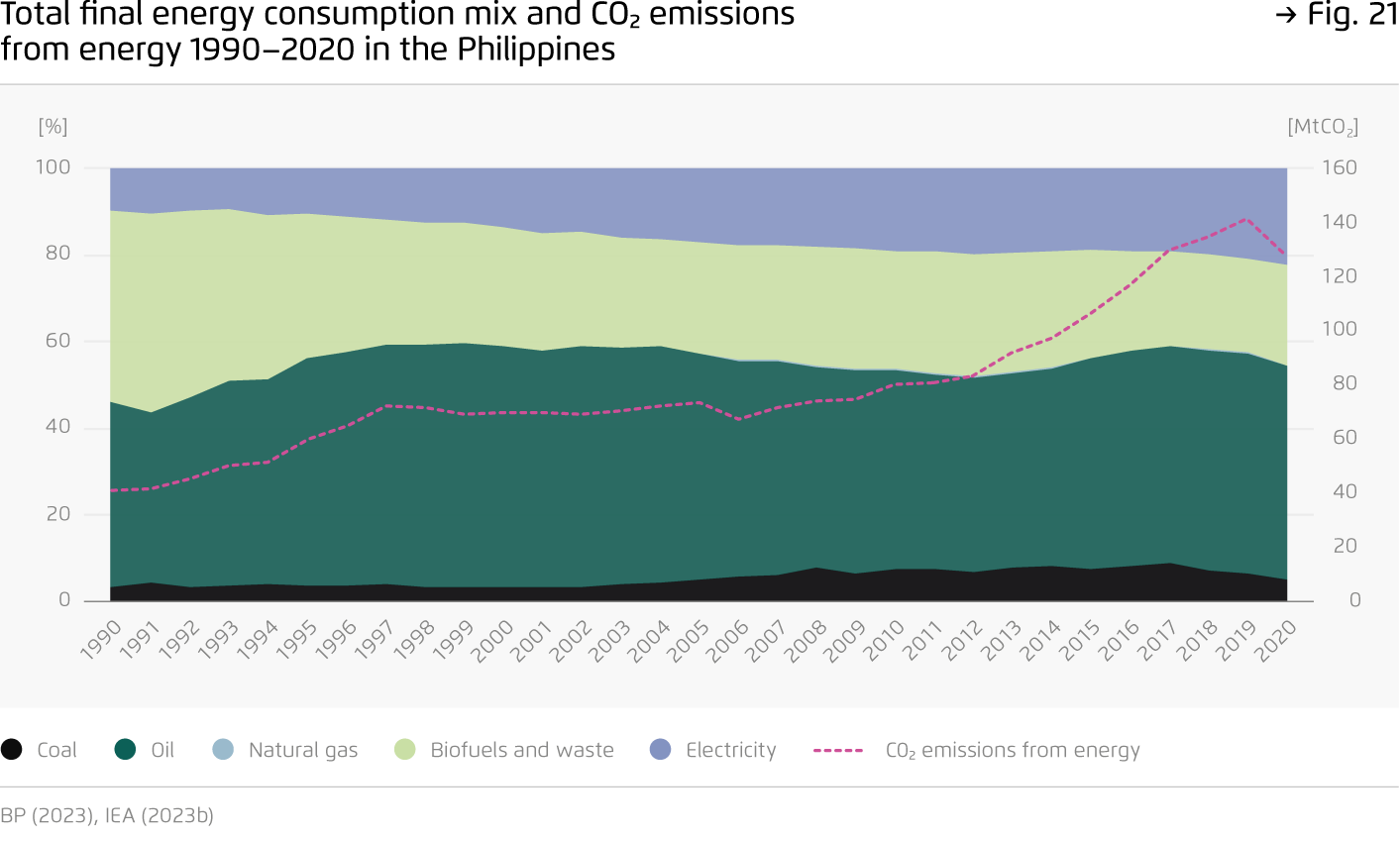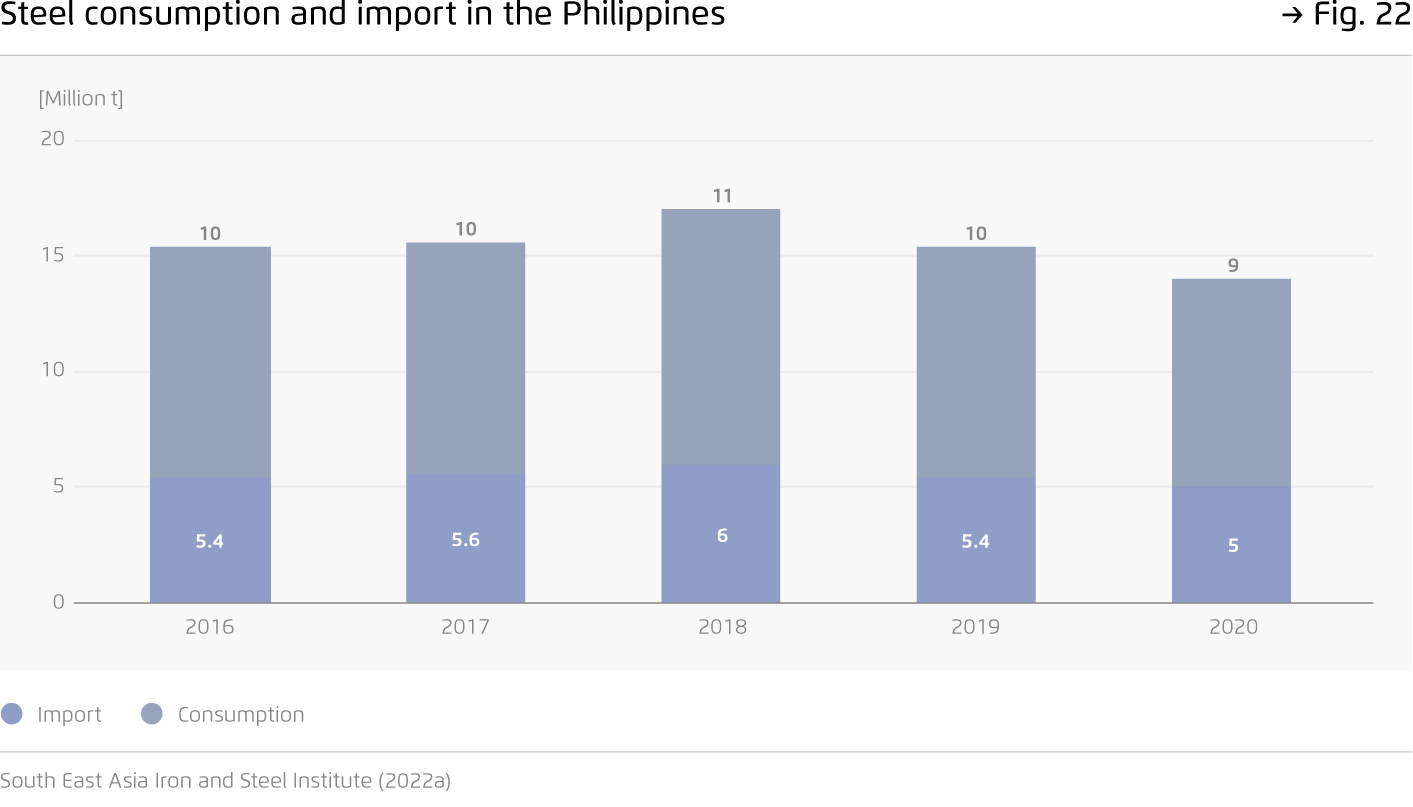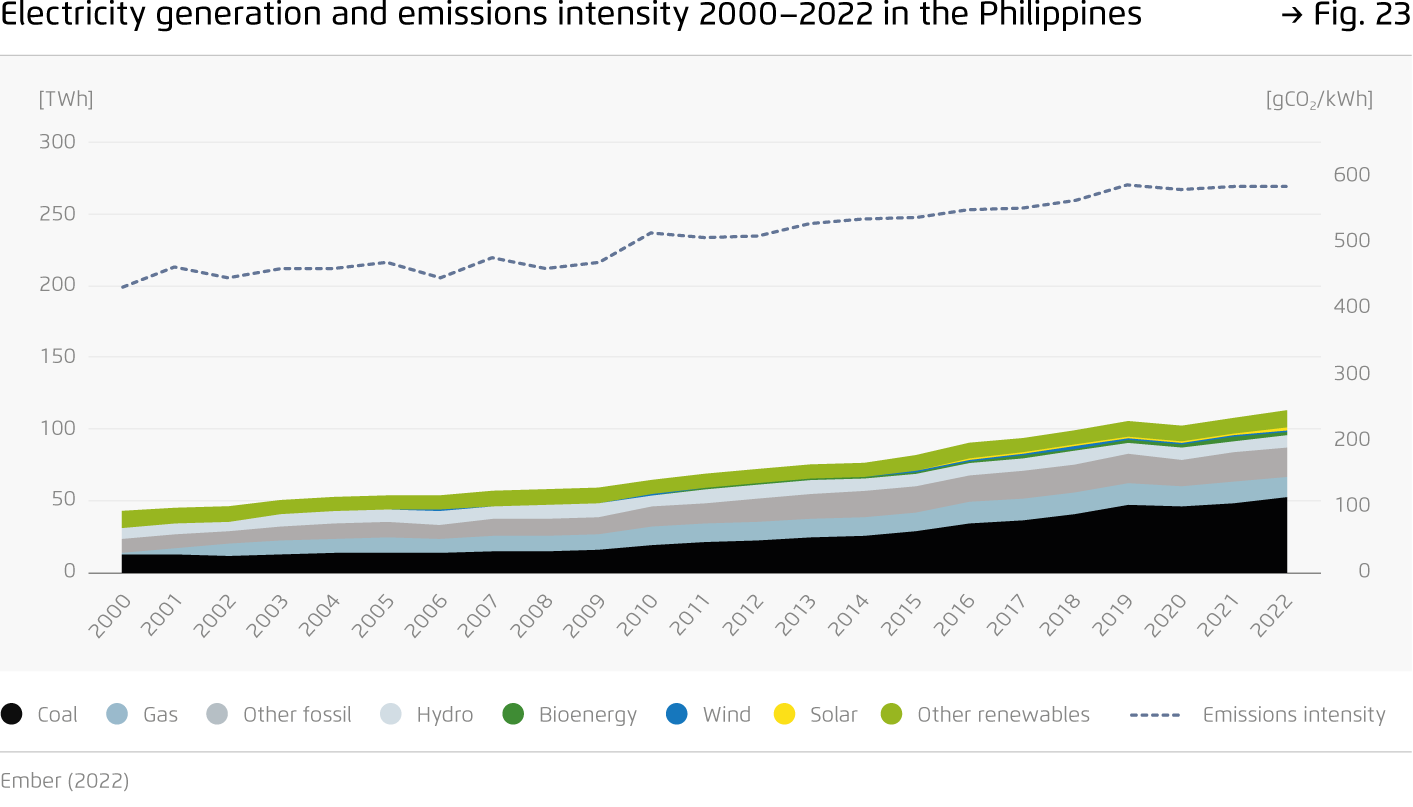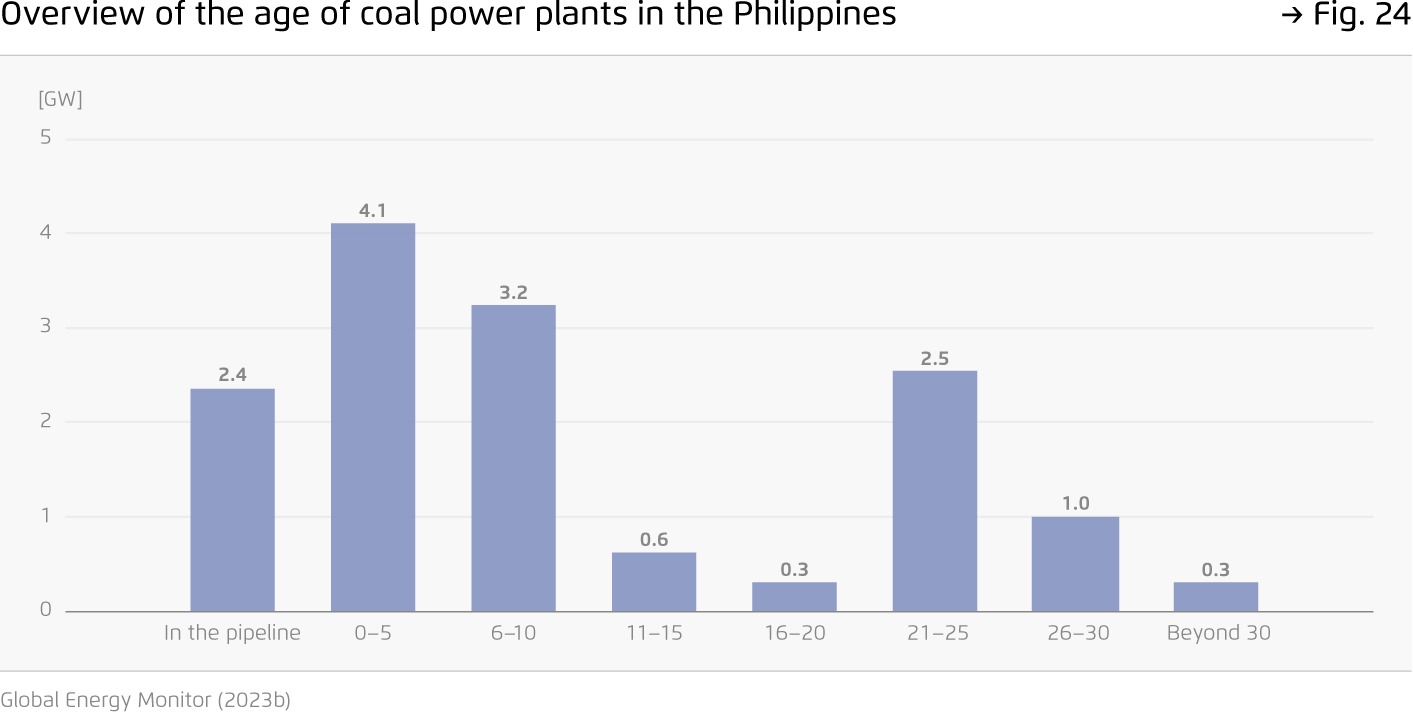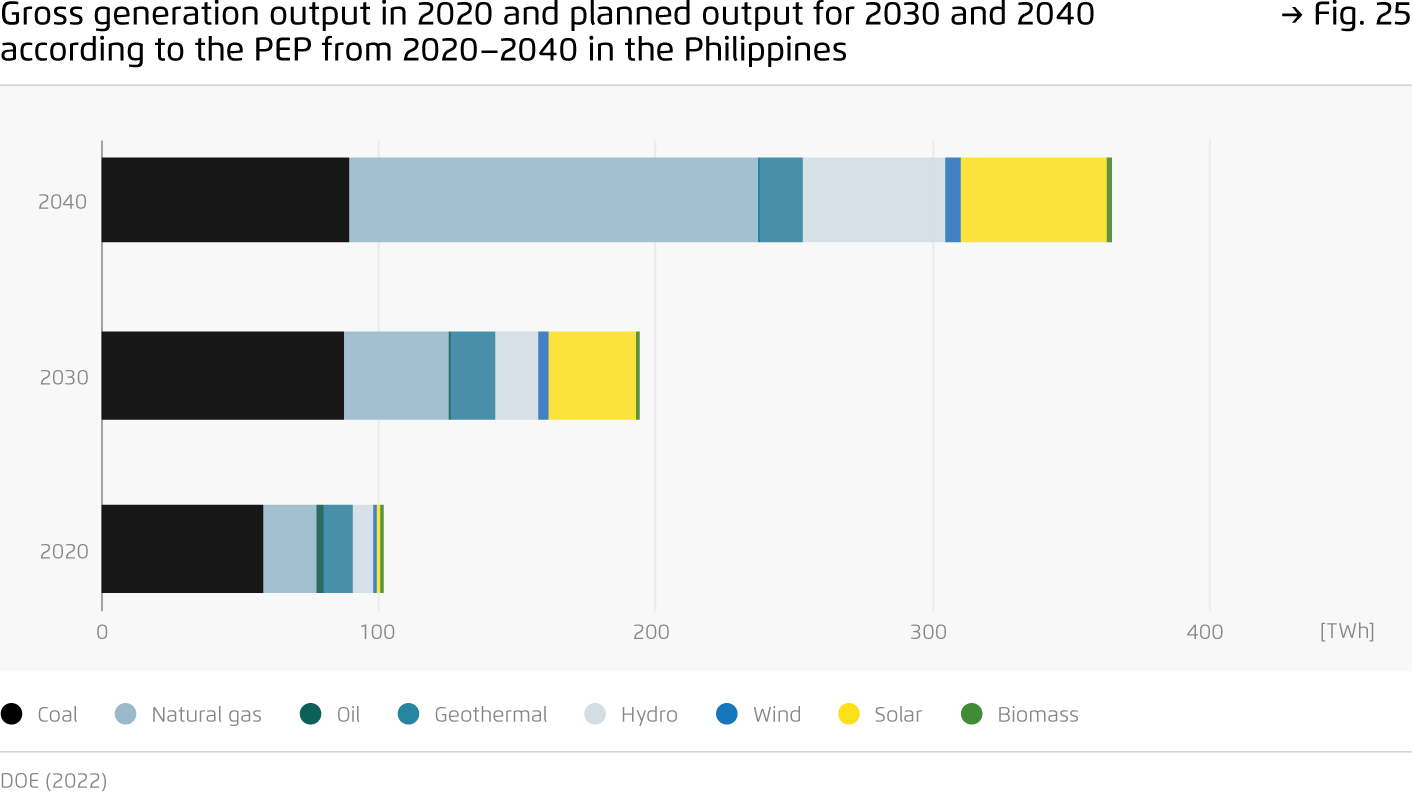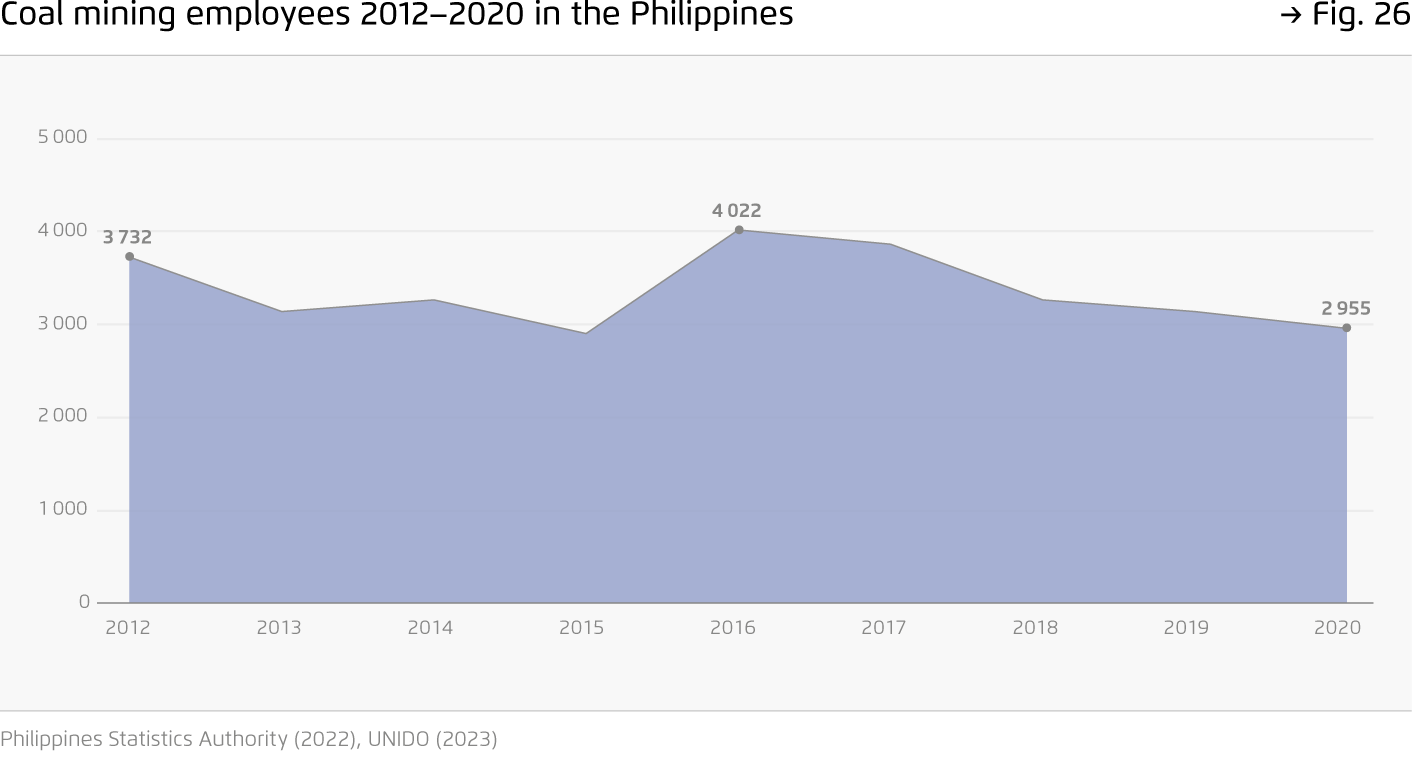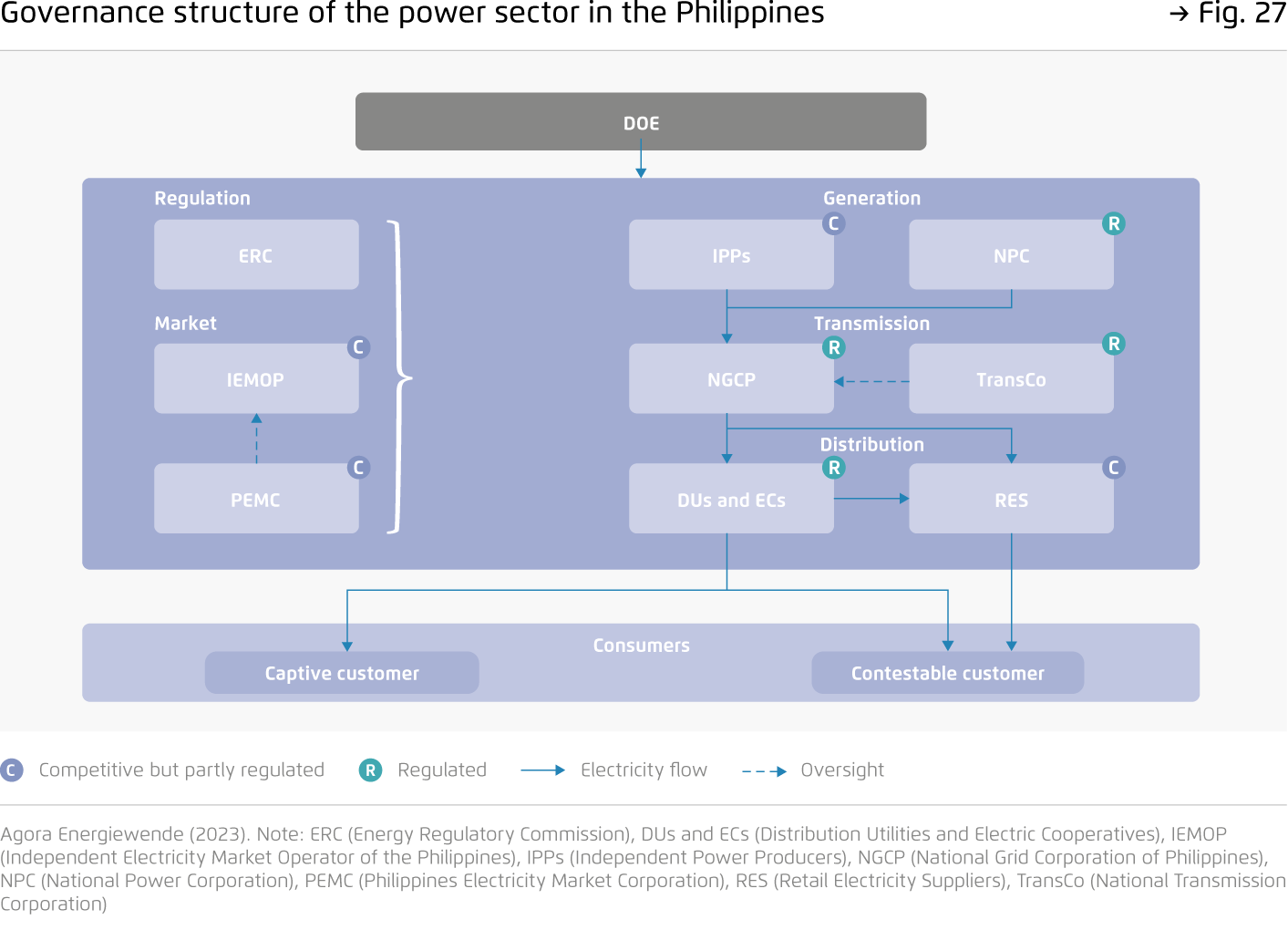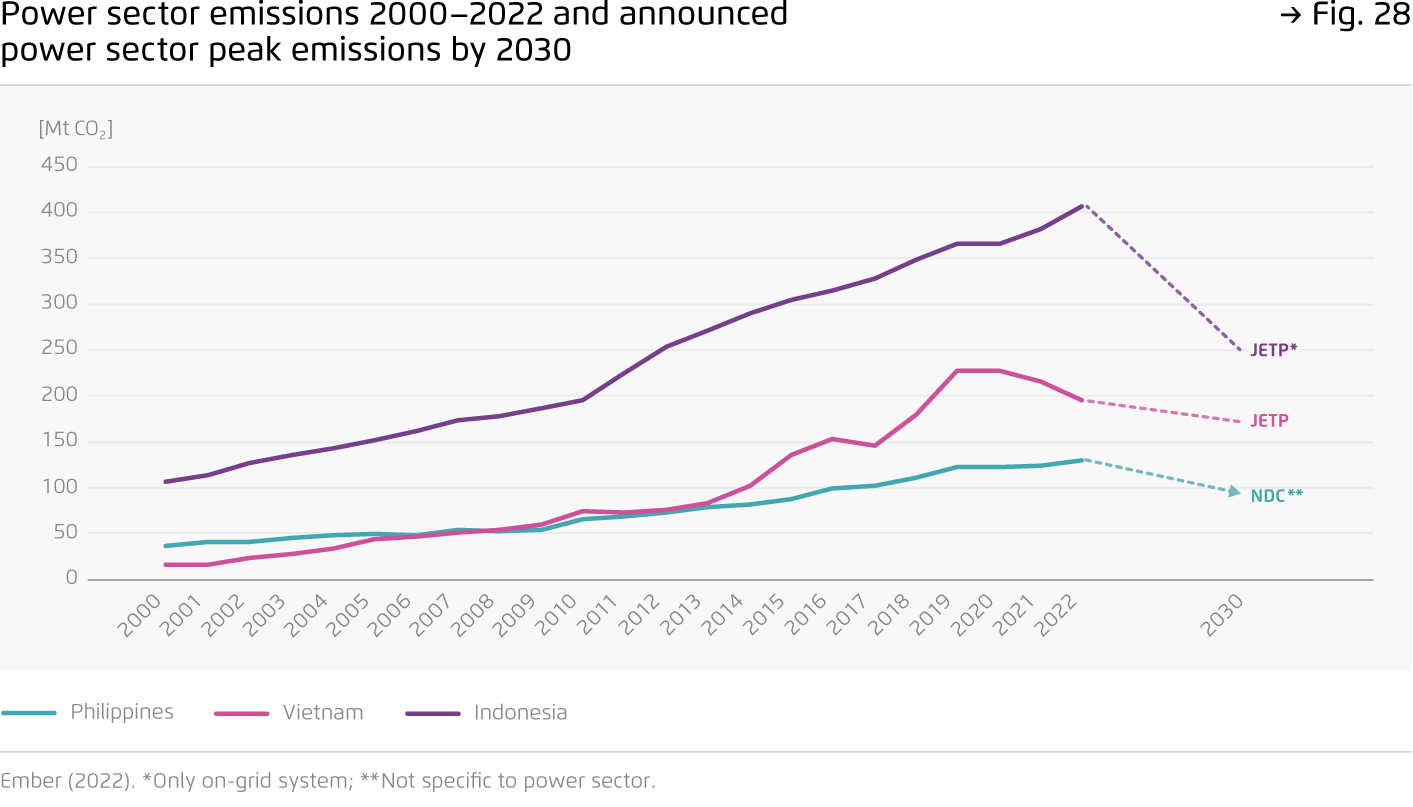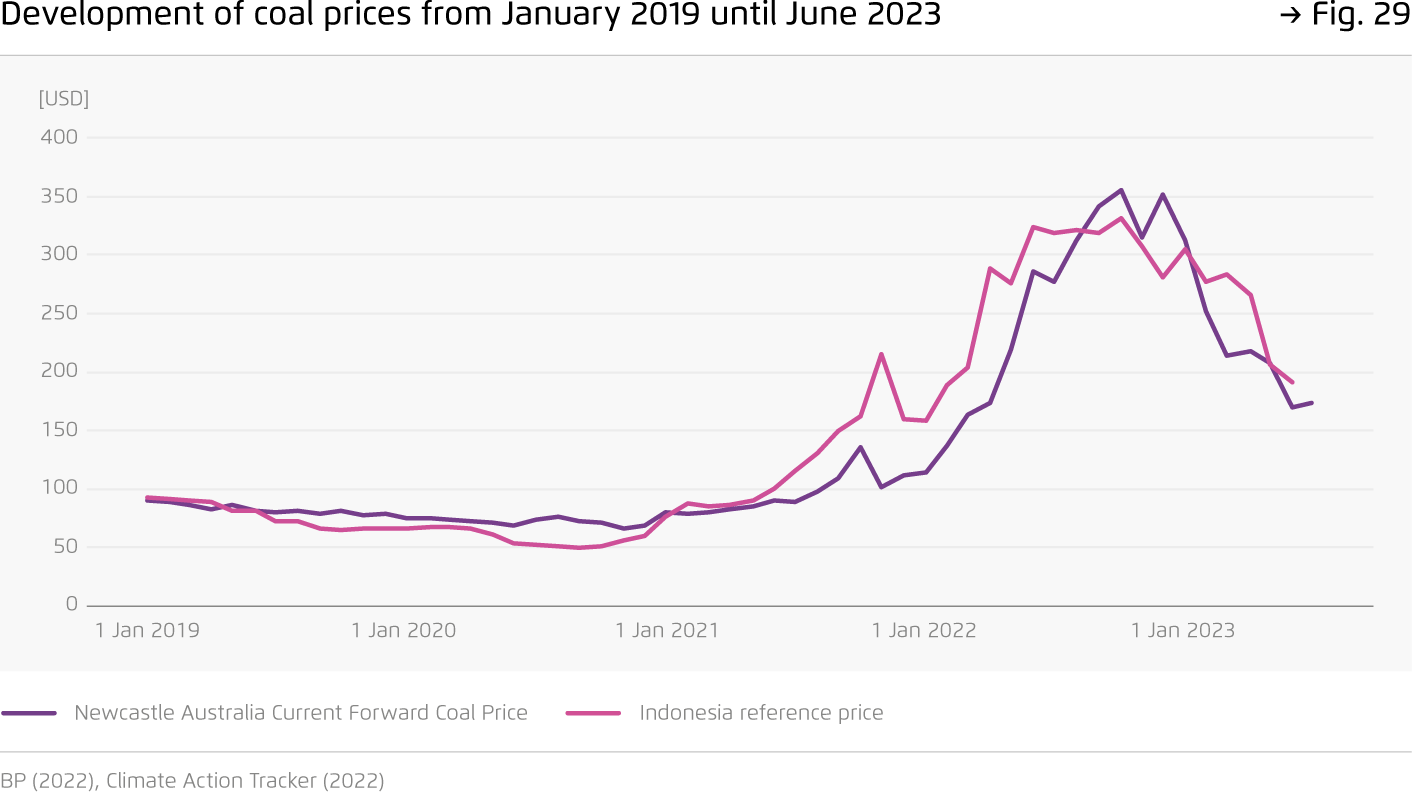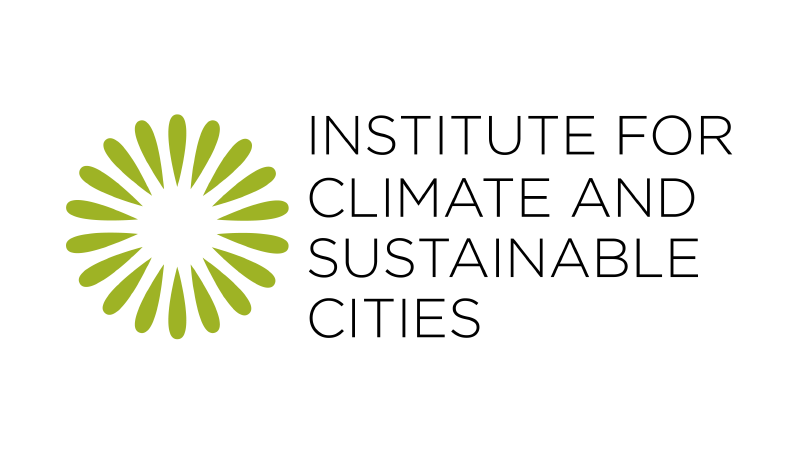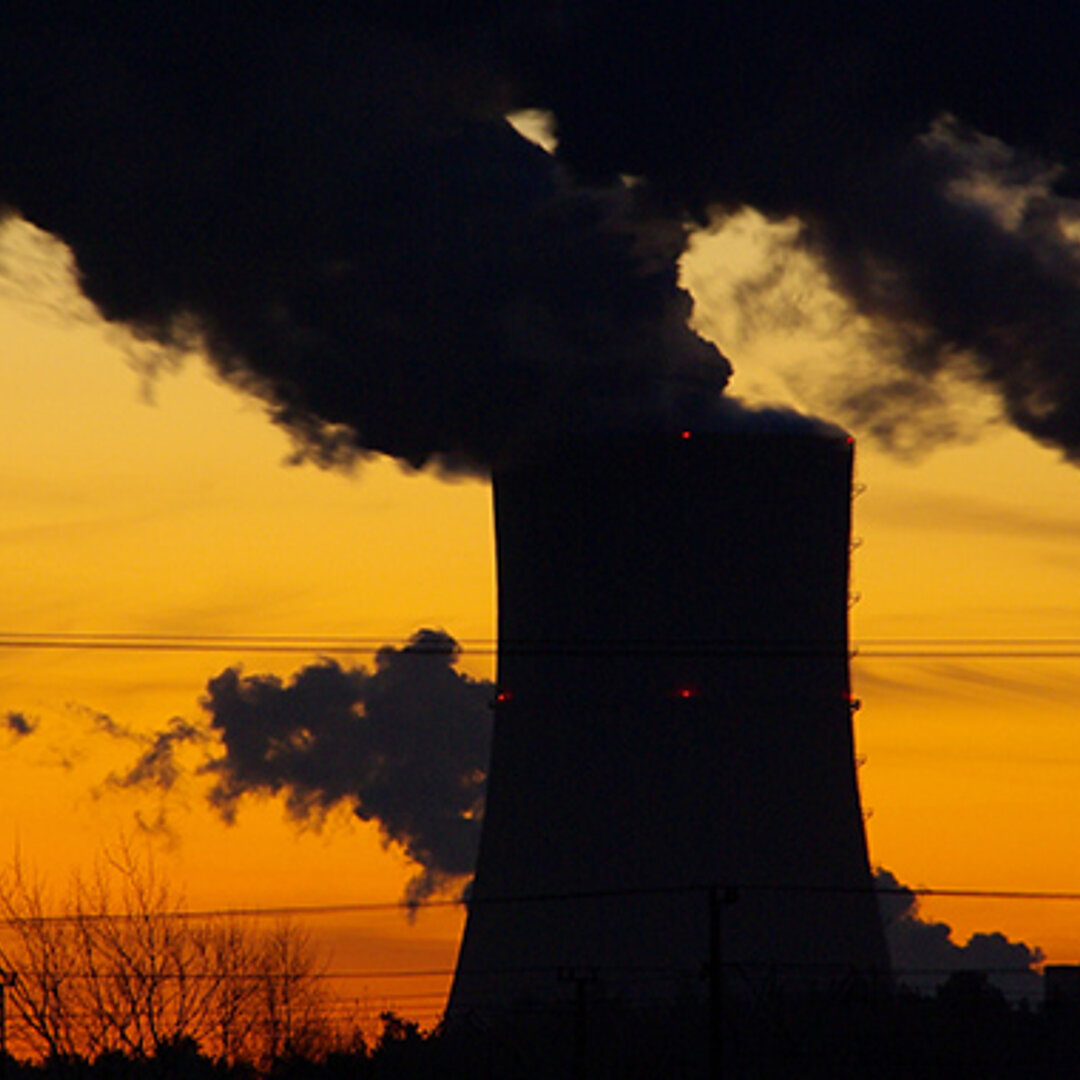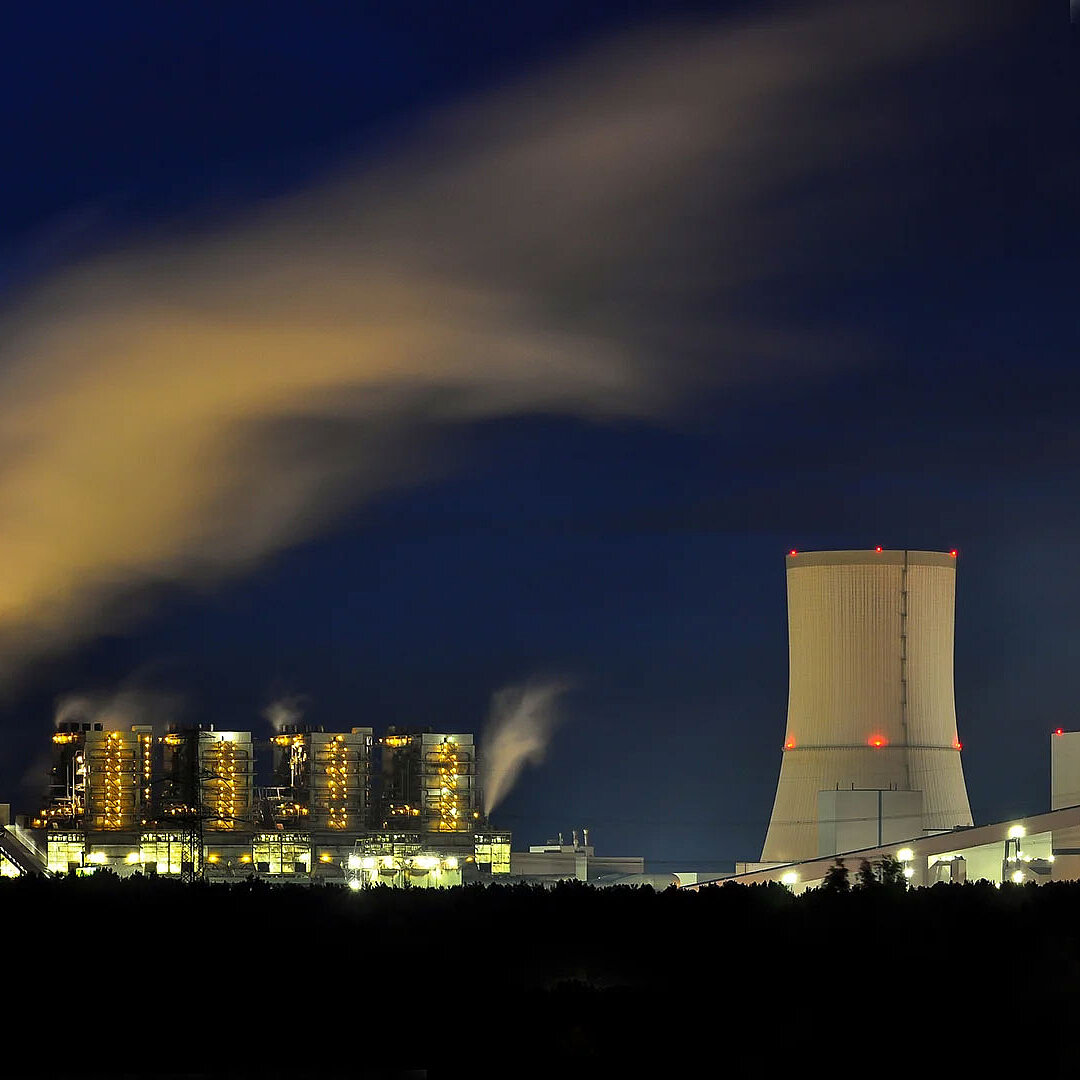-
Indonesia, Vietnam and the Philippines have committed to phasing down coal but still plan to build a total of 45 GW of new coal power plants. None of them has yet adopted a detailed coal phase-out policy roadmap.
Building all these power plants could generate about 330 MtCO₂ additional emissions in 2030 in the three countries, which would contradict their plans to peak emissions by 2030.
-
The perception of coal power as a reliable and cheap energy source in Southeast Asia is changing, especially in coal-importing countries, and several international investors are moving to cheap renewable alternatives.
In recent years, coal-fired power plants in the region have experienced frequent unplanned power outages or supply constraints, leading to growing concerns about their reliability and economics.
-
The three governments should urgently develop coal phase-out strategies following their public announcements on reducing coal use.
The transition roadmaps should prioritise the scale-up of renewables and energy efficiency, include detailed assessments of the economic viability of the projects in the pipeline and define concrete coal phase-out mechanisms which cover reconversion plans for the coal regions.
-
Inclusive, transparent and concrete just transition policies are required to mitigate the economic, political and social impacts of coal phase-out.
The coal industry is an important employer and source of fiscal revenues in the three countries. Just transition policies should cover topics such as reskilling of workers, regional development and economic diversification.
Transitioning away from coal in Indonesia, Vietnam and the Philippines
Overview of the coal sector with a focus on its economic relevance and policy framework

Preface
Southeast Asian countries such as Indonesia, Vietnam, and the Philippines are highly vulnerable to climate change impacts but also still heavily reliant on coal. The three countries have made important policy commitments to accelerating the shift from coal to clean energy in recent years. These commitments play a positive role in global efforts to limit climate change. However, all three countries lack concrete policy instruments to phase out coal.
The task is daunting, as the structural changes to transition away from coal represent significant
economic and societal challenges.
The international community has committed to financially supporting the transition efforts in the region through the so-called Energy Transition Mechanism and the Just Energy Transition Partnership. These commitments are an initial step toward accelerating financial assistance, technology transfer, and capacity building.
To guide policy decisions, Agora Energiewende, the Institute for Essential Services Reform and the Institute for Climate and Sustainable Cities have examined the political, economic and social dynamics that influence coal use in Indonesia, Vietnam and the Philippines. This publication aims to contribute to filling certain gaps that exist in the evidence base of the clean energy transition to support the development of strategies and mechanisms to phase out coal in a just and speedy manner.
Key findings
Bibliographical data
Downloads
-
Main Report
pdf 10 MB
Transitioning away from coal in Indonesia, Vietnam and the Philippines
Overview of the coal sector with a focus on its economic relevance and policy framework
All figures in this publication
Overview of coal-fired power plants and coal mining regions in Indonesia
Figure 1 from Transitioning away from coal in Indonesia, Vietnam and the Philippines on page 16
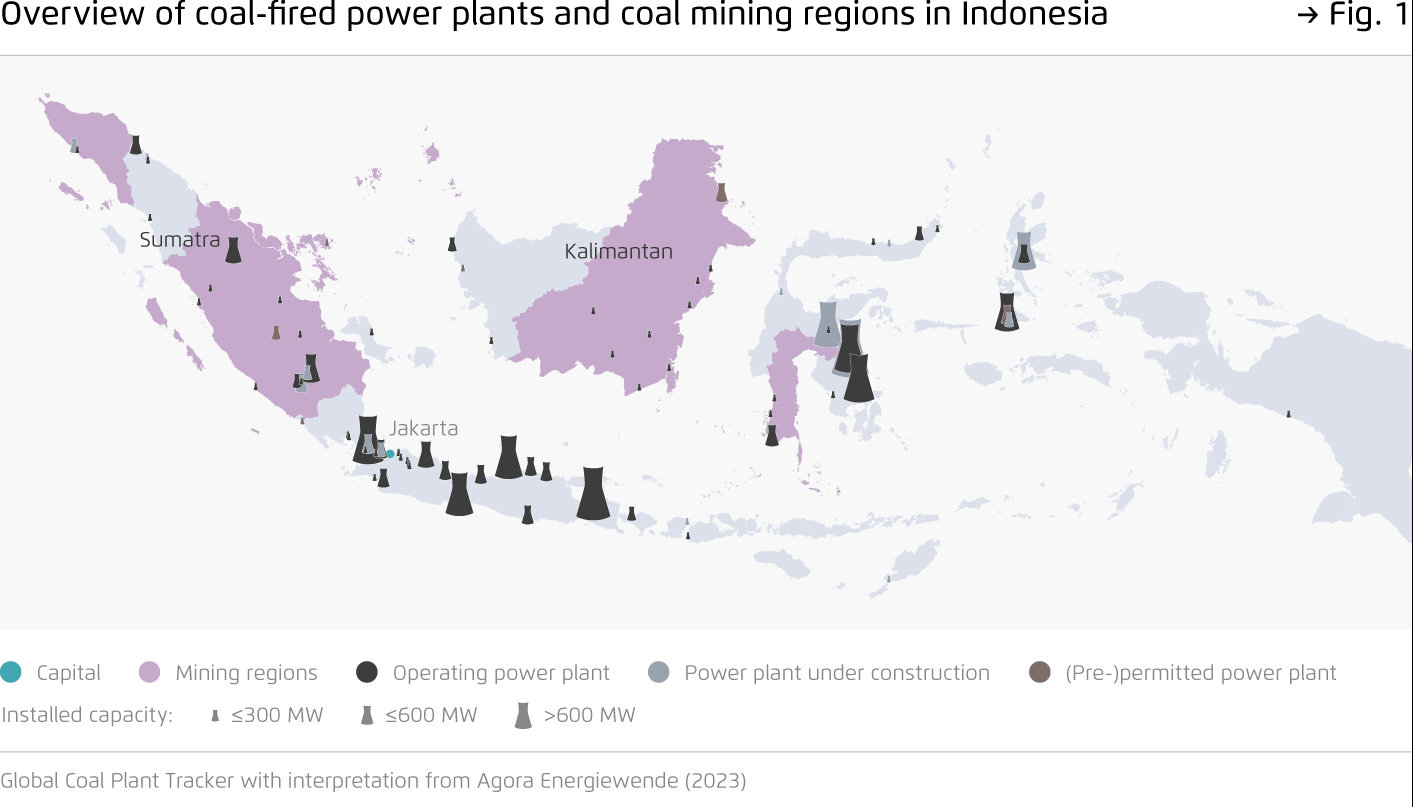
Production, consumption, import and export of coal 1990–2020 in Indonesia
Figure 2 from Transitioning away from coal in Indonesia, Vietnam and the Philippines on page 17
